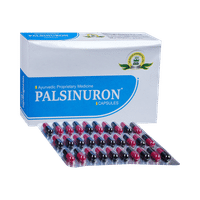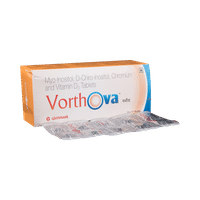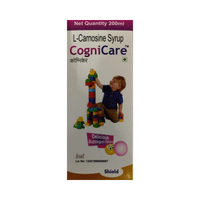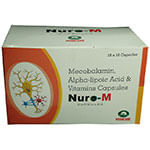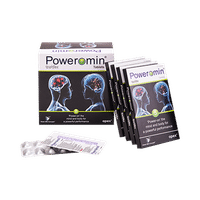Bupiarc 0.25mg Injection
food interaction for Bupiarc Injection
alcohol interaction for Bupiarc Injection
pregnancy interaction for Bupiarc Injection
lactation interaction for Bupiarc Injection
food
alcohol
pregnancy
lactation
No interaction found/established
It is not known whether it is safe to consume alcohol with Bupiarc 0.25mg Injection. Please consult your doctor.
CONSULT YOUR DOCTOR
Bupiarc 0.25mg Injection may be unsafe to use during pregnancy. Although there are limited studies in humans, animal studies have shown harmful effects on the developing baby. Your doctor will weigh the benefits and any potential risks before prescribing it to you. Please consult your doctor.
CONSULT YOUR DOCTOR
Bupiarc 0.25mg Injection is probably safe to use during breastfeeding. Limited human data suggests that the drug does not represent any significant risk to the baby.
SAFE IF PRESCRIBED
SALT INFORMATION FOR Bupiarc 0.25mg Injection
Bupivacaine(0.25mg)
Bupiarc injection uses
{med_name} is used for local anesthesia.
How bupiarc injection works
Bupiarc 0.25mg Injection is a local anesthetic. It works by blocking the transmission of pain signals from the nerves to the brain. This helps to decrease the sensation of pain.
Common side effects of bupiarc injection
Nausea, Vomiting, Paresthesia (tingling or pricking sensation), Slow heart rate, Decreased blood pressure, High blood pressure, Dizziness, Urinary retention
SUBSTITUTES FOR Bupiarc Injection
No substitutes foundExpert advice FOR Bupiarc Injection
- Bupivacaine is given as an injection by the healthcare professional.
- It may affect your concentration or make you feel sleepy, so avoid driving or using tools or machines until the next day.
- Consult your doctor immediately if you experience dizziness, lightheadedness, problem with sight or hearing or numbness around lips, tongue and mouth.
- Inform your doctor if you are pregnant, planning pregnancy or breastfeeding.
Frequently asked questions FOR Bupiarc 0.25mg Injection
Bupivacaine
Q. Is Bupiarc 0.25mg Injection an opioid or narcotic?
No, Bupiarc 0.25mg Injection is neither an opioid nor a narcotic. Bupiarc 0.25mg Injection is a medication that belongs to a class of medicines known as local anesthetics. It helps prevent pain which occurs during and after a surgery. The effect of the medicine lasts for over a long period of time, thus aiding in recovery too. Bupiarc 0.25mg Injection works on your body only in the treated area, unlike opioids that work on the whole body.
Q. How does Bupiarc 0.25mg Injection work?
Bupiarc 0.25mg Injection works by numbing that area on your body where a surgery has been performed. Bupiarc 0.25mg Injection slowly releases a local anesthetic medication into that area, thus providing effective long-lasting pain relief.
Q. Will I need other medicines other than Bupiarc 0.25mg Injection for pain relief?
Yes, your doctor may prescribe some other pain relieving medicines alongwith Bupiarc 0.25mg Injection for effective pain management. Due to this, you will need lower doses of the different medicines you are taking. Additionally, this will also reduce the chances of developing side effects of a particular medicine because of the lower doses.















